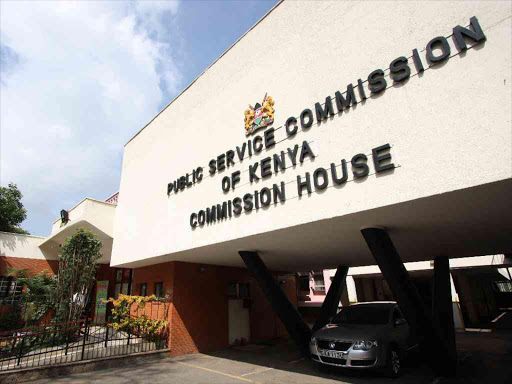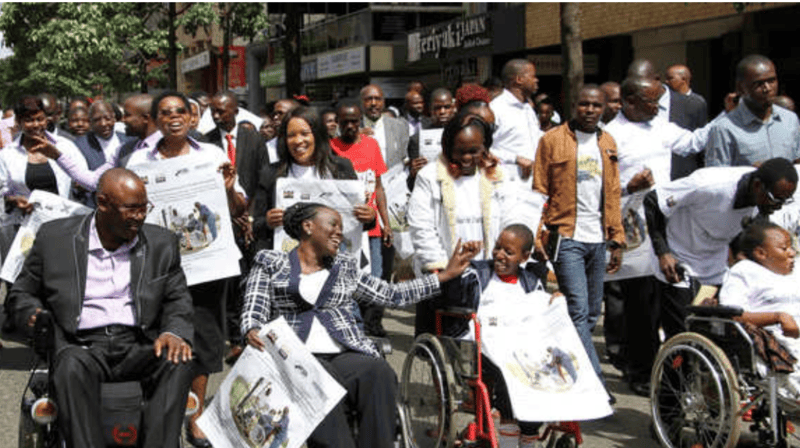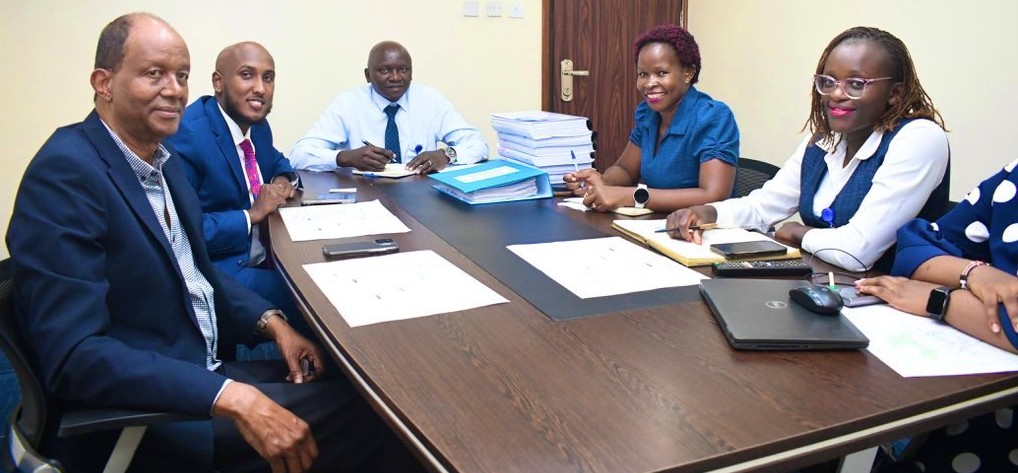PSC report exposes gender bias in Kenyan government agencies

The law mandates that no more than two-thirds of workers in any government body should be of the same gender.
At least 80 state agencies in Kenya have been found to have hired more men than women, contravening constitutional provisions aimed at achieving gender balance.
According to a recent review by the Public Service Commission (PSC), these agencies have failed to meet the two-thirds gender principle mandated by the constitution.
More To Read
- African land policy reforms benefit women and communities, but 18-country review reveals key gaps
- Public service pension contributors exceed 500,000 as fund grows
- Audit flags leadership vacuum at Garissa University since 2022
- Outgoing NCIC faces scrutiny over last-minute recruitment of 22 staff
- Bomet, Homa Bay, Kirinyaga among counties with highest hiring imbalances - report
- Kenya School of Government cancels hundreds of fake certificates in major crackdown
The report highlights disparities across various sectors.
Parliament, often seen as a symbol of governance, has notably struggled to achieve gender parity despite repeated efforts.
The law mandates that no more than two-thirds of workers in any government body should be of the same gender, a measure aimed at promoting gender equality in decision-making roles.
Among the agencies flagged by the PSC, the Kenya Ports Authority stands out with 77 per cent male staff compared to only 23 per cent female staff among its 6,225 employees.
Similarly, Kenya Power reported a workforce of 8,214 men against 2,219 women, indicating a pervasive gender imbalance across the utilities sector.
Technical and vocational education and training institutes (TVETs) were also singled out for their poor gender representation.
Institutions in underprivileged areas like Wajir East and Loima technical vocational colleges had staff compositions that were exclusively male.
"The failure to meet the two-thirds gender requirement is a breach of constitutional obligations," stated the PSC in its December 2024 report.
The commission further emphasised the need for affirmative action programmes to rectify these disparities, urging affected institutions to implement corrective measures by 2026.
In response to these findings, the PSC has recommended a concerted effort to achieve a balanced representation of men and women across all levels of public service.
The aim is not only to fulfil constitutional mandates but also to align with international commitments, such as the Convention on the Elimination of All Forms of Discrimination Against Women.
Public institutions are now under pressure to adopt affirmative action programmes aimed at achieving a 50:50 gender balance by the specified deadline.
Top Stories Today













































